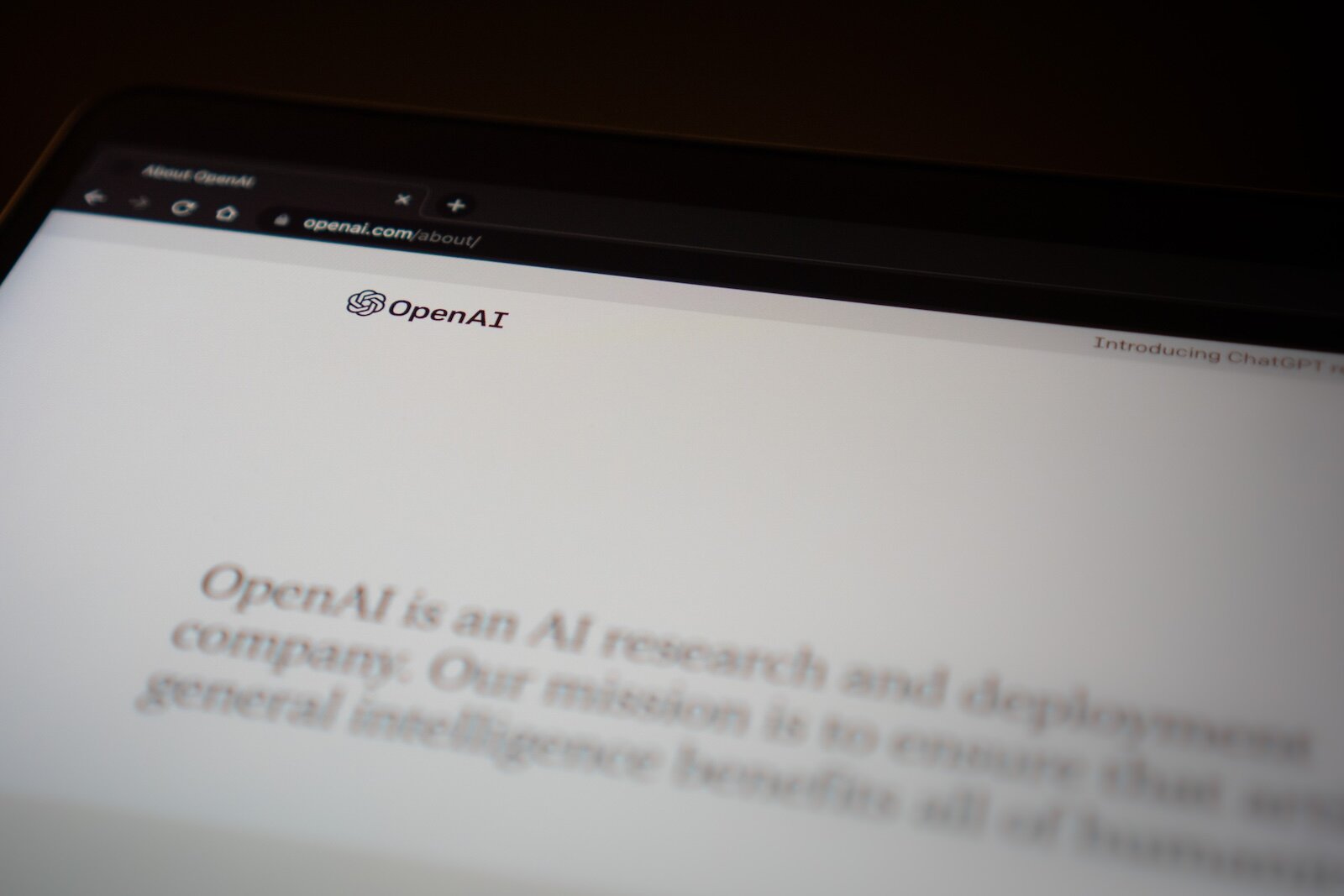
The main changes relate to updating the knowledge base as well as increasing the amount of text (prompt) that can be accepted by the distinct language model.
When the new GPT-4 Turbo was announced as the main language model, it was trained using data up to April 2023, unlike the previous version which used data up to September 2021. Additionally, in this version, the size of the claims has been significantly increased at 128,000 characters That is, approximately 300 pages of the book. This allows for a better understanding of complex questions and the production of comprehensive answers. In addition, operating costs for developers have been significantly reduced, making it more affordable for everyone.
Specifically, input would cost just $0.01 per 1,000 tokens — the basic unit of text or code that LLMs read — compared to $0.03 in GPT-4. Each output will cost $0.03 per 1,000 tokens, with Sam Altman, the company’s CEO, stating that the new version of GPT-4 is three times cheaper than previous versions.
GPT-4 Turbo retains features such as image processing, text-to-speech, and DALL-E 3 model integration. Its improvements allow more complex tasks to be performed with a single query, even with specific programming languages. Users can, among other things, ask GPT-4 Turbo to specifically use the encoding language of their choice for the results, such as XML or JSON code, which was one of the most popular requests from the developer community.
The GPT-3.5 Turbo model received similar upgrades, with improved instantaneous size (16KB) and reduced cost. GPT-3.5 was released in March as a better model for non-conversational actions, and a customizable version was released in August.
During its conference, OpenAI announced a program to protect corporate users from copyright lawsuits, similar to Google, Adobe, and Microsoft. The Copyright Shield Program provides legal support in the event of copyright infringement lawsuits.
The OpenAI boss also introduced a new line of chatbot products that can be adapted to a variety of tasks and perform like a digital assistant, with much greater utility than we are used to today. AI applications, called GPTs, can teach you math, tell you how to do laundry, or even make labels, among other special tasks that a person can perform with their data, with great ease.
The company said it plans to allow users to post these GPT results on an online store, which will open later this month. Initially, it will have creations from “verified developers,” while soon everyone will be able to create their own GPT for their own needs and make money.
In this direction, API Assistants will allow developers to create their own “agent-like experiences.” This means developers can make their bots take knowledge out of the system, giving them more control.
-
2

“Avid problem solver. Extreme social media junkie. Beer buff. Coffee guru. Internet geek. Travel ninja.”





More Stories
In Greece Porsche 911 50th Anniversary – How much does it cost?
PS Plus: With a free Harry Potter game, the new season begins on the service
Sony set to unveil PS5 Pro before holiday season – Playstation